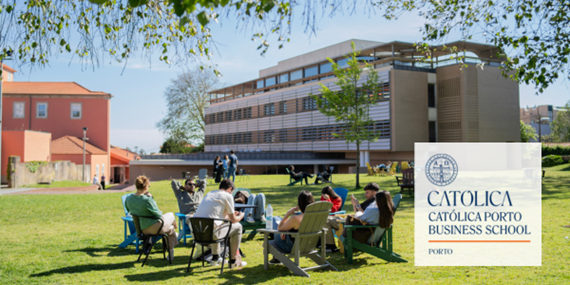
Maastricht, Netherlands
Social Innovation & Entrepreneurship
When:
20 July - 24 July 2026
Credits:
2 EC
Read more
Economics
When:
16 November - 24 November 2023
School:
Institution:
TStat Training
City:
Country:
Language:
English
Credits:
0 EC
Fee:
710 EUR

Production frontier models have over the years become an indispensable tool of analysis for both scholars and practitioners interested in the measurement of performances through efficiency scores, in academia, business and government. This course provides participants with both the knowledge and requisite applied toolset for applying frontier methods to cross-section and panel data in Stata.
The course begins by focusing on stochastic frontier models – parametric models implemented in Stata using the frontier and xtfrontier commands for cross-section and panel data respectively. Participants are also introduced to the user-written commands sfkk (Karakaplan, 2017), sfcross and sfpanel (Belotti et al., 2013).
The remaining sessions focuses on the non-parametric approach to frontier models, referred to in the literature as data envelopment analysis (DEA). Session 2 centers on radial and non-radial efficiency measures, along with the derived concepts of scale efficiency and the Malmquist productivity index (Färe et al., 1994), using the user written commands teradial and tenonradial (Badunenko and Mozharovskyi, 2016). Session 3 illustrates the concept of bootstrap inference for radial measures as developed by Simar and Wilson (1998) and (2000), along with bootstrap tests of independence (Wilson 2003) and returns to scale (Simar and Wilson, 2002). These procedures are implemented in Stata by nptestind, nptestrts and teradialbc (Badunenko and Mozharovskyi, 2016). The course closes with a discussion of the user written command simarwilson, a procedure which implements the Simar and Wilson (2007) approach to identify the impact of external factors on DEA efficiency scores (Badunenko and Tauchmann, 2019).
At the end of the course, participants are expected to be able to: i) autonomously implement (with the help of the Stata routine templates specifically developed for the course) the appropriate methodology, given both the nature of their data and the analysis in hand, and ii) to have mastered the concepts of: stochastic, parametric and non-parametric frontier model analysis.
In common with TStat’s training philosophy, each individual session is composed of both a theoretical component (in which the techniques and underlying principles behind them are explained), and an extensive applied (hands-on) segment, during which participants have the opportunity to implement the techniques using real data under the watchful eye of the course tutor. Throughout the course, theoretical sessions are reinforced by case study examples, in which the course tutor discusses and highlights potential pitfalls and the advantages of individual techniques. The intuition behind the choice and implementation of a specific technique is of the utmost importance. In this manner, the course leader is able to bridge the “often difficult” gap between abstract theoretical methodologies, and the practical issues one encounters when dealing with real data.
The course is of particular interest to researchers and professionals working in business, government, economics, banking, finance, social and political sciences needing to acquire the necessary analytical tool set to evaluate performance through production efficiency scores.
The course begins by focusing on stochastic frontier models – parametric models implemented in Stata using the frontier and xtfrontier commands for cross-section and panel data respectively. Participants are also introduced to the user-written commands sfkk (Karakaplan, 2017), sfcross and sfpanel (Belotti et al., 2013).
Fee
710 EUR, Full-time students*: € 710.00Ph.D. Students: € 910.00Academic: € 1060.00Commercial: € 1420.00 *To be eligible for student prices, participants must provide proof of their full-time student status for the current academic year. Our standard policy is to provide all full-time students, be they Undergraduates or Masters students, access to student participation rates. Part-time master and doctoral students who are also currently employed will however, be allocated academic status.
When:
16 November - 24 November 2023
School:
Institution:
TStat Training
Language:
English
Credits:
0 EC

Maastricht, Netherlands
When:
20 July - 24 July 2026
Credits:
2 EC
Read more

Maastricht, Netherlands
When:
17 August - 21 August 2026
Credits:
2 EC
Read more

Porto, Portugal
When:
20 July - 24 July 2026
Credits:
3 EC
Read more